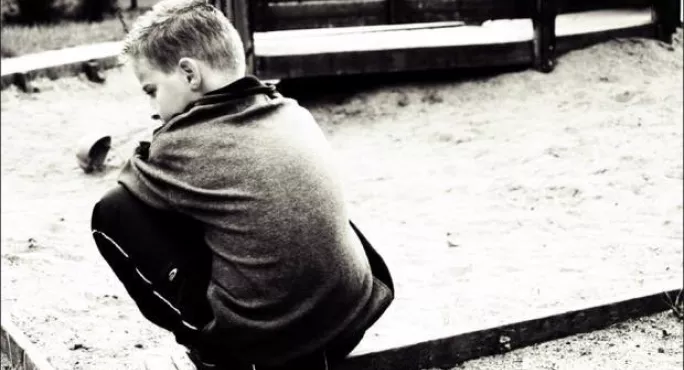The lack of statistics on pupils in alternative provision (AP) schools in England has been laid bare in a new report published today by the Centre for Social Justice (CSJ).
It finds that the Department for Education publishes data on less than half of all AP children and that only one in six local authorities publishes data on more than 70 per cent of pupils.
Where statistics do exist, the outcomes for AP pupils are considerably worse than for their mainstream counterparts, with only 4 per cent of nearly 8,000 passing English and maths at GCSE, compared with 64 per cent in mainstream secondaries.
Quick read: Northern leaders to be sent into top performing PRUs
Interview: How to teach challenging kids and never exclude them
Profile: Meet the woman making ‘the difference’ for vulnerable pupils
The research also reveals a stark North-South divide, with one in 50 excluded pupils in the North East achieving a basic GCSE pass in maths and English, compared with one in 12 in Outer London.
Andy Cook, CSJ chief executive, said: “The findings of this report are quite shocking. Children excluded from school are some of our most vulnerable and need better oversight than their mainstream counterparts, not less.
“One in two pupils are NEET [not in education, employment or training] immediately after leaving alternative provision. We cannot allow this situation to continue, or indeed worsen following the Covid-19 pandemic.
“It is time the government prioritised providing quality education for children removed from mainstream schools. Society will pay a heavy price for ignoring the needs of young people and letting so many leave 13 years of full-time education with little or nothing to show for it.”
Using available data, researchers identified 13 local authority areas where not a single pupil excluded from state secondary schools passed their GCSE maths and English over the past three years.
They identify five “AP cold spots” where children excluded from school have a “poor-to-zero” chance of achieving good educational outcomes (Tameside, Peterborough, Southend-on-Sea, Newcastle and Sheffield).
The think tank warns that “many more” invisible cold spots may exist - but says the information isn’t available as the government collects data on fewer than one in two children being educated in AP in almost half (69 out of 151) of local authorities.
The CSJ analysed government data to create a “league table” of the best- and worst-performing local authorities. Points are awarded based on Ofsted rankings, exam results, outcomes such as holding down a job, apprenticeship or college place, truancy rates (averaging 33 per cent in AP against 4 per cent in mainstream) and levels of qualified teachers.
The report, entitled Warming the Cold Spots of Alternative Provision: a manifesto for system improvement, also finds a high concentration of pupils in poorly rated AP schools, with nearly one in five pupils in an AP school deemed “requires improvement” or “inadequate” by government inspectors, compared with one in eight pupils in mainstream and only one in 20 in special schools. In eight local authorities, all AP pupils are in RI or inadequate schools.
The CSJ report calls for a string of changes to boost standards in AP education. These include:
- Improved data collection on pupils educated in AP.
- A set of bespoke quality benchmarks for AP schools.
- Investment in an “AP workforce programme” to encourage talented, qualified teachers to work in the sector and to train existing AP staff.
- An “AP system improvement fund” to be piloted initially in AP cold spots to spread best practice.
- Funds for existing quality AP providers to expand by setting up satellite sites or free schools to raise standards.
- A review of the AP funding system to create a national fair funding formula for AP and pupils with special educational needs and disabilities.
A Department for Education spokesperson said: “We are taking forward an ambitious programme of action on school behaviour and will rapidly improve the availability of good alternative provision schools so that children attending them have opportunities to succeed.
“Our immediate priority is ensuring all vulnerable children including those in alternative provision stay safe during the Covid-19 outbreak, but we will continue to work with the sector to make improvements to the system so that all children, no matter what setting they are in, to receive a world class education.”





